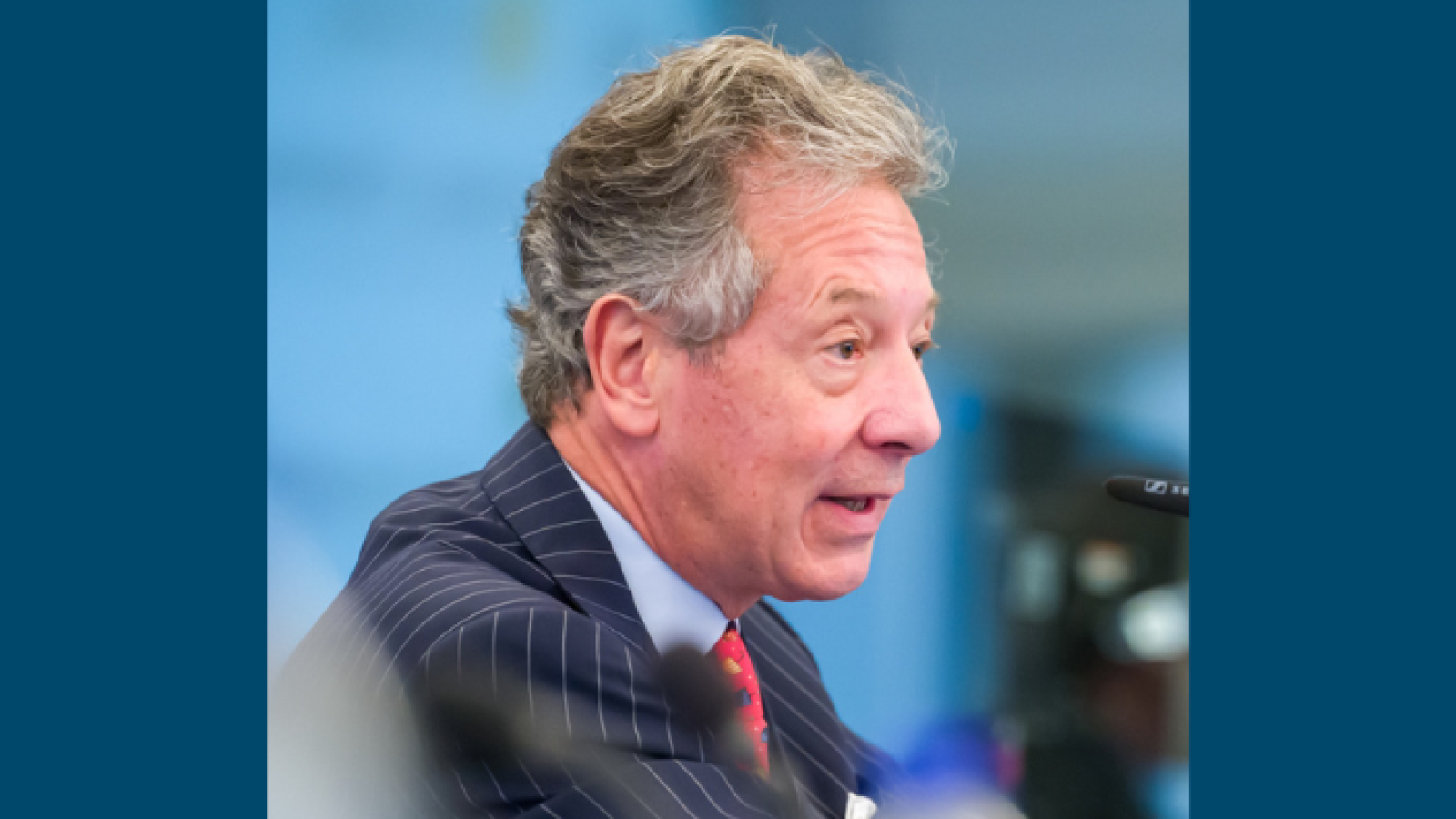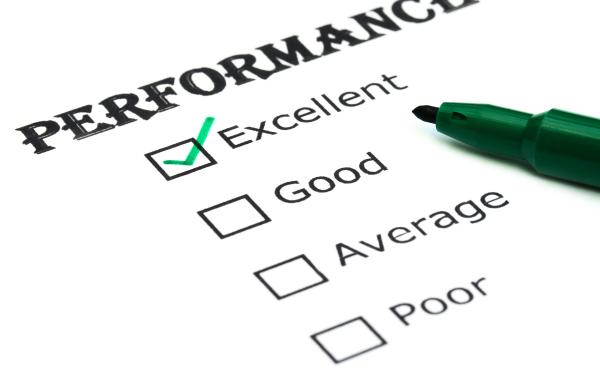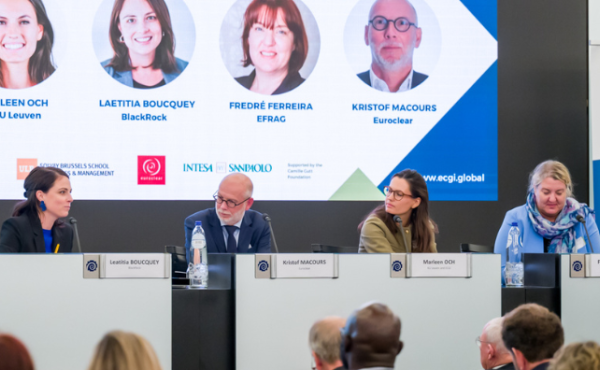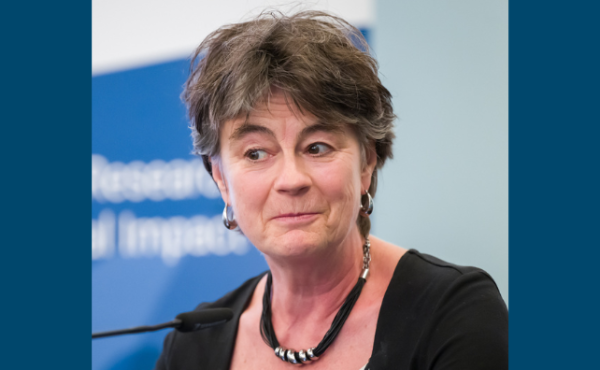
The ECGI blog is kindly supported by

Corporate Culture: Keynote Speech by Francesco Vanni d’Archirafi
The 2024 ECGI Annual Conference opened with remarks from Herman Daems, ECGI Chair, setting a reflective and forward-looking tone. His introduction positioned corporate culture as a foundational yet often overlooked element of effective governance. While governance frameworks and regulations are essential to maintain accountability, Daems emphasized that they cannot alone dictate corporate behavior. Instead, he suggested that the unique, intangible qualities embedded in corporate culture—values, beliefs, and norms—serve as powerful influences on decision-making. By highlighting this interplay between governance structures and cultural forces, Daems emphasized that an organization’s ethos, when championed by the board, can guide corporate behavior toward long-term goals, even amid short-term pressures.
Daems’ comments laid the groundwork for the opening keynote by Francesco Vanni d'Archirafi, Chair of Euroclear, whose experience spans decades in finance and governance. D’Archirafi’s address echoed Daems’ sentiment, yet with a strategic focus on the practical role of culture in navigating the uncertainties faced by businesses today. In a world of rapid technological advancements, heightened regulatory scrutiny, and increased demands for sustainability, he suggested that corporate culture is not merely a reflection of governance but a critical driver of it. D’Archirafi’s perspective was clear: governance structures form a framework for decisions, but culture—"the organization’s soul”—imbues these decisions with a sense of purpose and direction. This deeper alignment between governance and culture, he argued, equips companies to prioritize resilience, ethical integrity, and stakeholder trust in turbulent times.
D’Archirafi shared how Euroclear operationalizes this approach, offering practical insights on purpose and stakeholder alignment. He discussed how Euroclear’s purpose of fostering “safety, efficiency, and connections to financial markets for sustainable growth” serves as a north star for decision-making, keeping the organization’s focus on long-term stakeholder outcomes over immediate shareholder returns. In terms of culture, he highlighted Euroclear’s commitment to client-centricity, emphasizing horizontal structures and leadership that foster collaboration and transparency. These changes were strategic, with Euroclear actively engaging its board in redefining governance structures and executive roles to support a more integrated cultural and strategic alignment.
The keynote also explored the intersections of technology and talent, a growing focus area as companies grapple with digital transformation. D’Archirafi explained Euroclear’s approach to modernizing its talent strategy, which involves re-evaluating workforce needs in light of emerging technologies such as AI and blockchain. By emphasizing talent acquisition and adaptation to evolving roles, Euroclear’s strategy seeks to support both its operational goals and its cultural vision. D’Archirafi’s discussion provided an example of a practical, forward-looking approach to addressing how technology impacts both culture and governance, serving as an adaptable model for organizations in other sectors.
The address was not without a reflection on the challenges that lie ahead. D’Archirafi acknowledged the high expectations placed on corporations to address global issues such as climate change, social inequity, and corporate responsibility, which increasingly fall under the umbrella of governance and cultural responsibility. He referenced the European Corporate Sustainability Reporting Directive (CSRD) as a framework Euroclear is actively preparing to meet, despite the added demands it places on transparency and accountability in non-financial areas. Euroclear’s approach to compliance with this directive is not merely to meet regulatory standards but to align reporting practices with the company’s strategic values, recognizing that transparent governance is as much about building stakeholder trust as it is about meeting legal obligations.
In his concluding remarks, D’Archirafi left the audience with a broader call to action, inviting leaders and boards to consider how their organizations’ cultures align with governance frameworks to drive long-term success. He argued that embedding a culture of integrity within governance structures is crucial, as it helps guide corporate decisions through unpredictable environments while building trust with stakeholders. Governance, he suggested, should go beyond a set of formal structures to become a dynamic force that supports ethical, value-driven decisions, thus creating a framework where integrity and accountability are embedded across all levels of the organization.
Both Daems and d’Archirafi’s reflections invite ongoing discussions about the roles of corporate governance and culture in today’s business landscape. Their insights highlight a fundamental shift: effective governance is increasingly seen not only as a means of ensuring compliance but also as a tool for embedding ethical and sustainable practices into the core of an organization. Together, they made a compelling case for the fusion of governance and culture as the foundation of corporate resilience, setting an aspirational tone for the conference and, by extension, the broader field of corporate governance.
_______________
This article is Part One of a seven-part blog series covering insights and reflections from the 2024 ECGI Annual Conference.
Explore more from this event: read Part Two, read Part Three, read Part Four, read Part Five, read Part Six, and read Part Seven.


